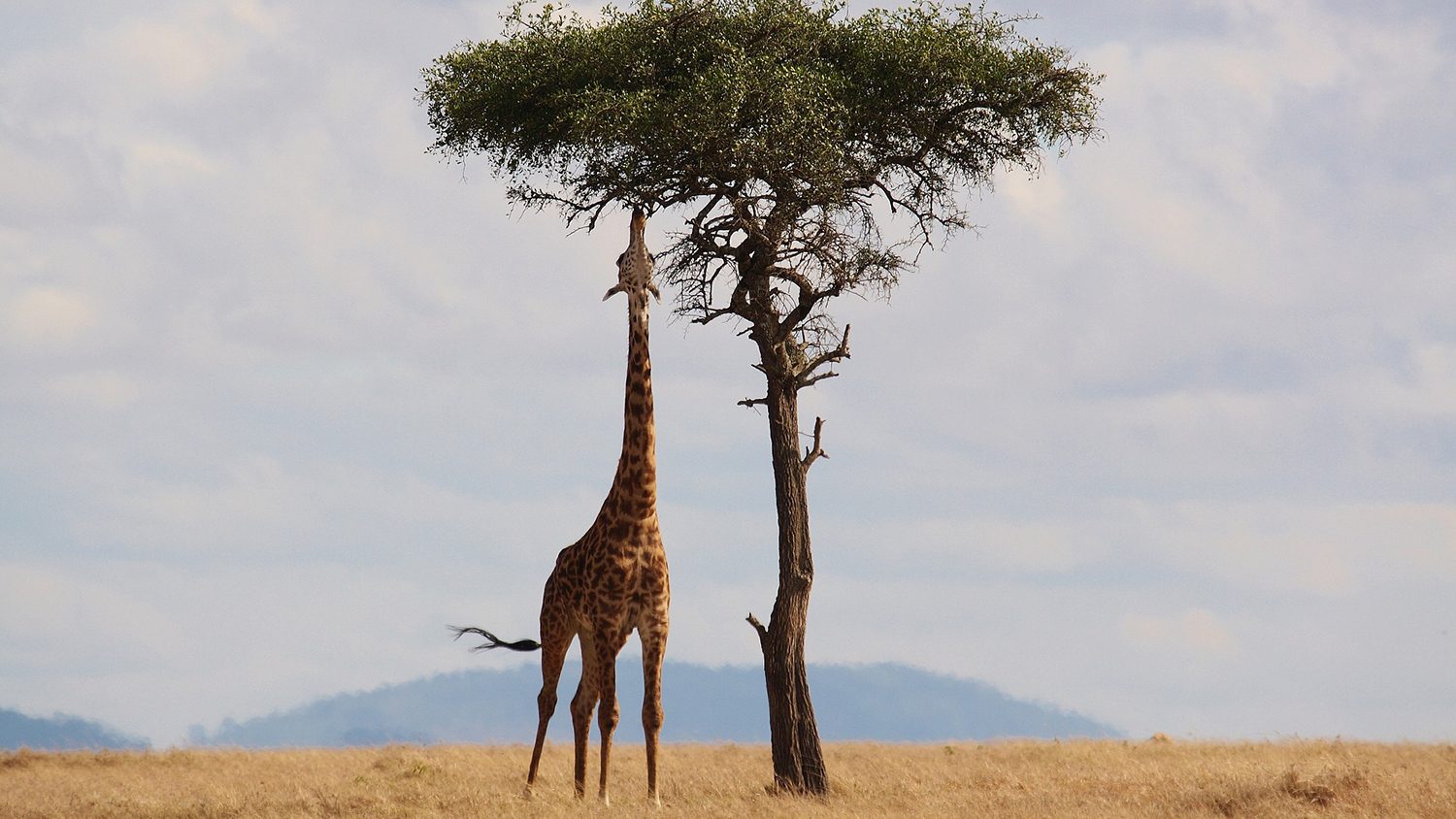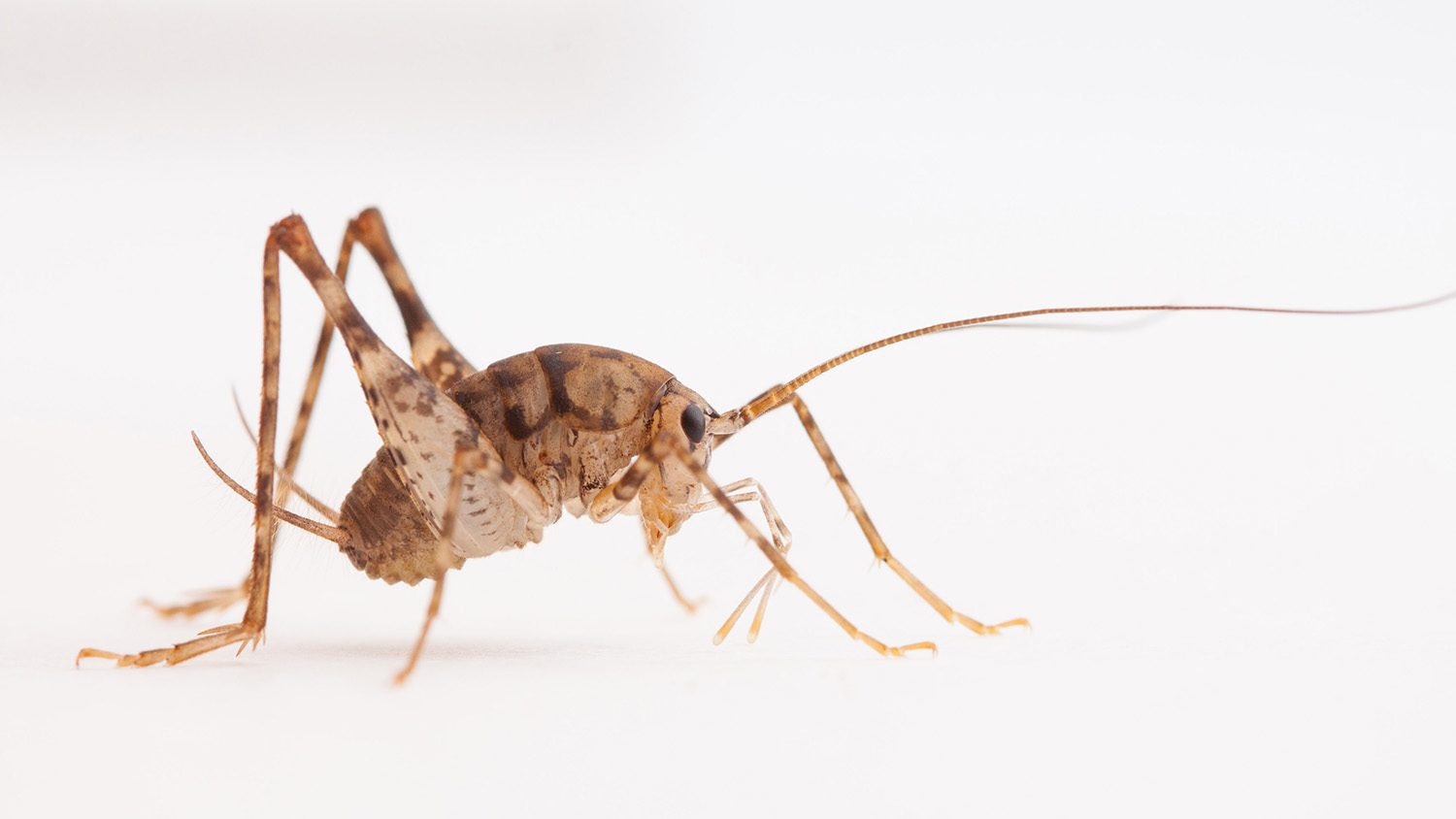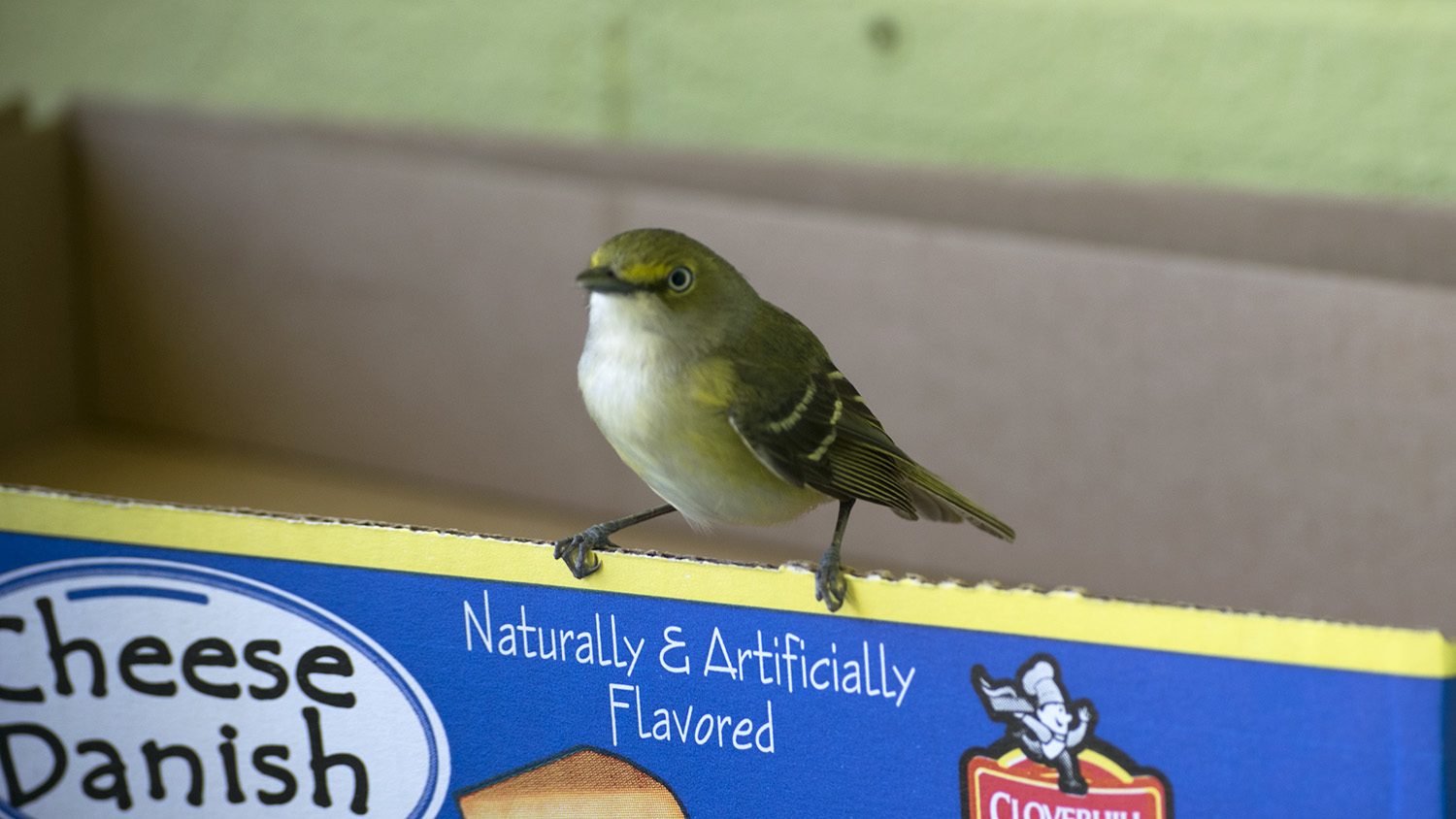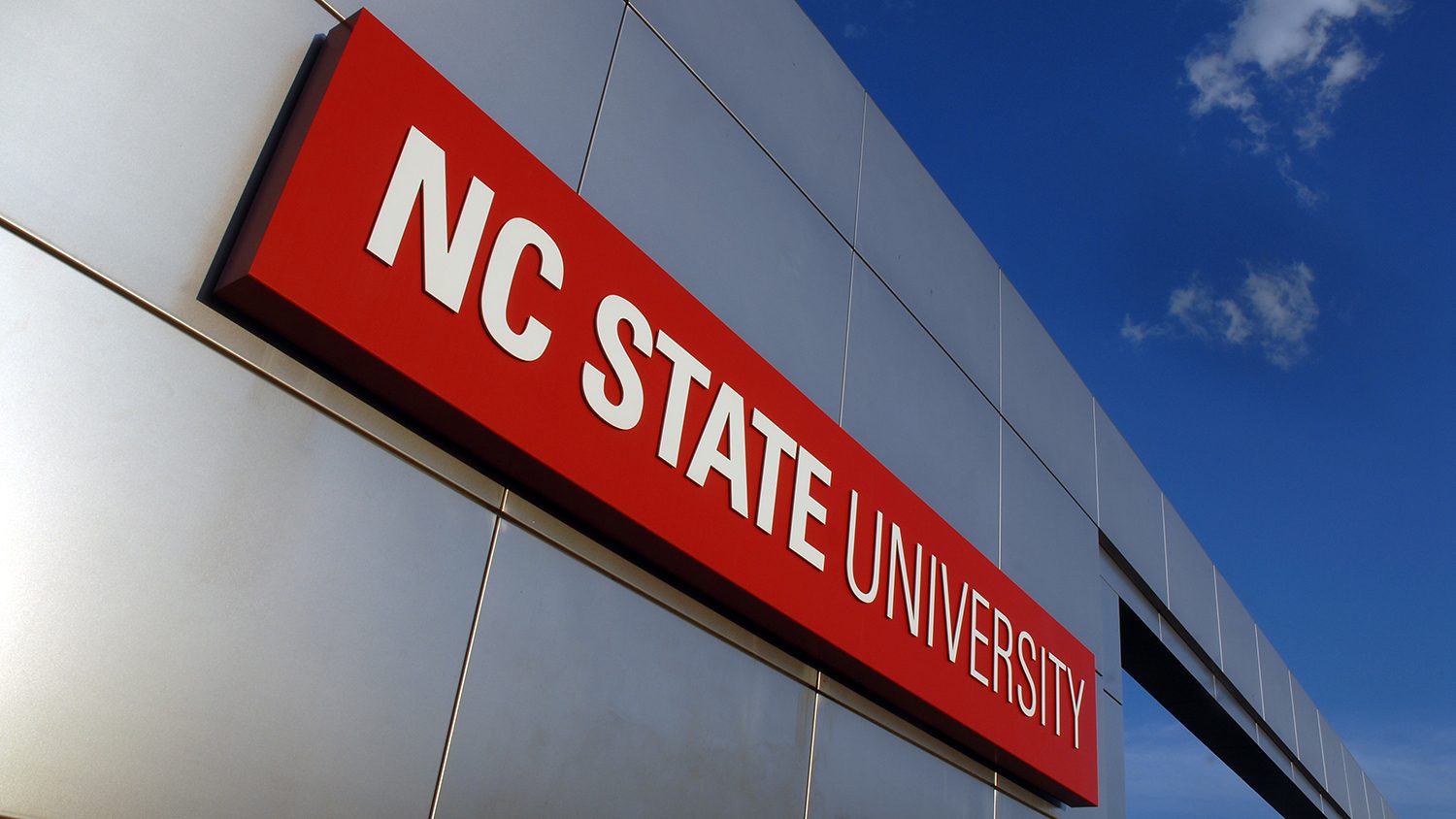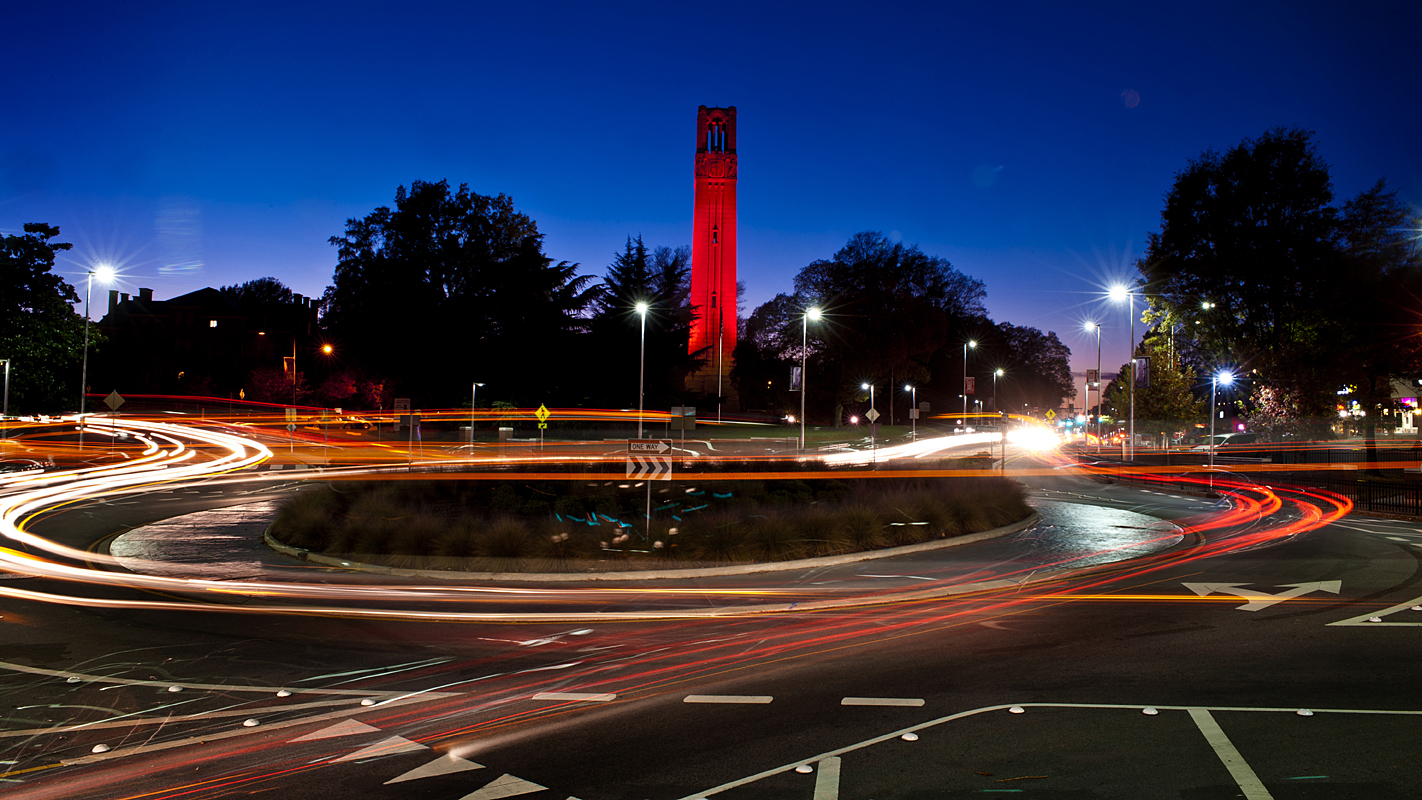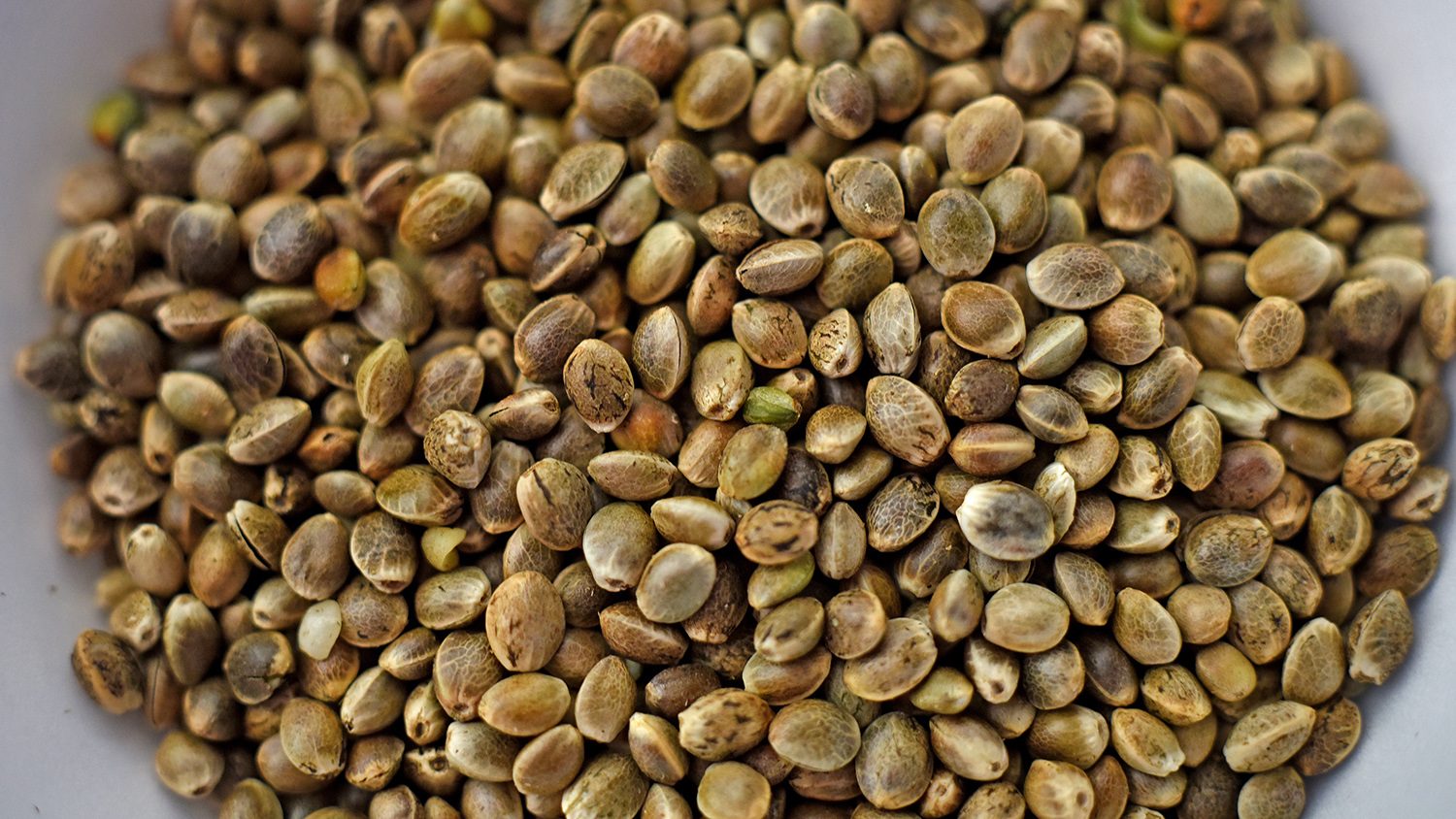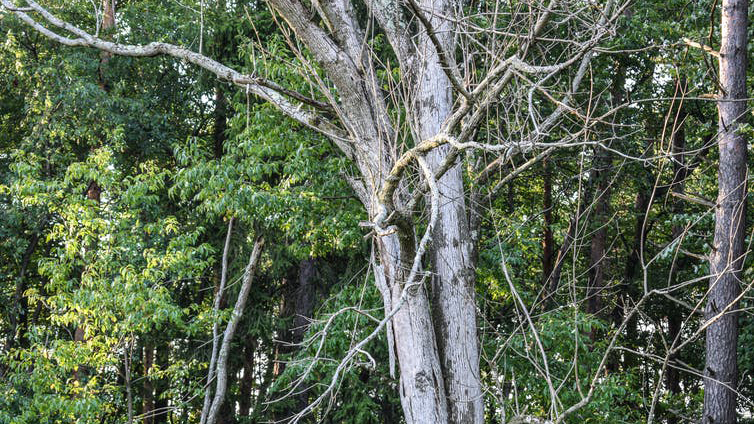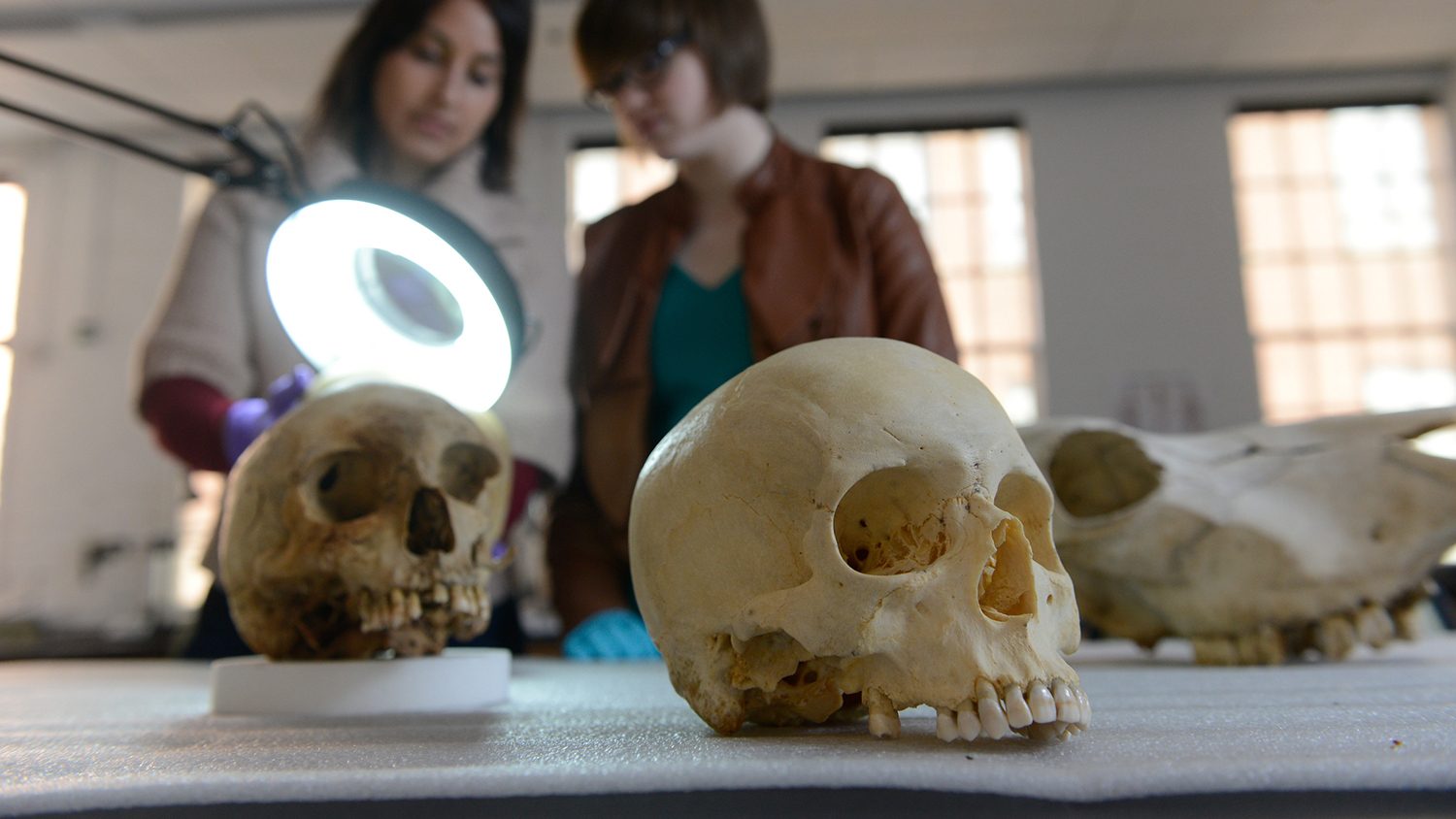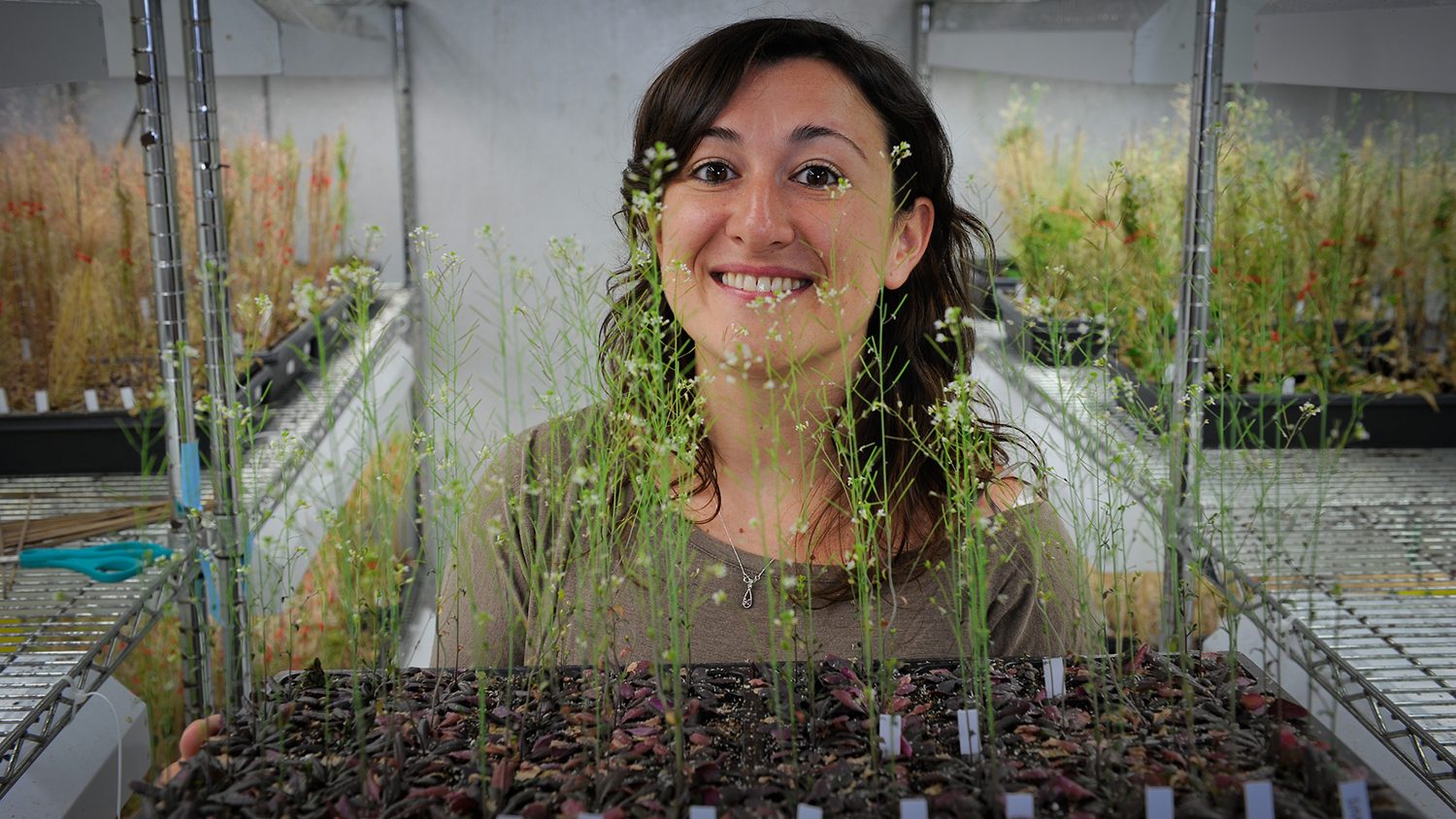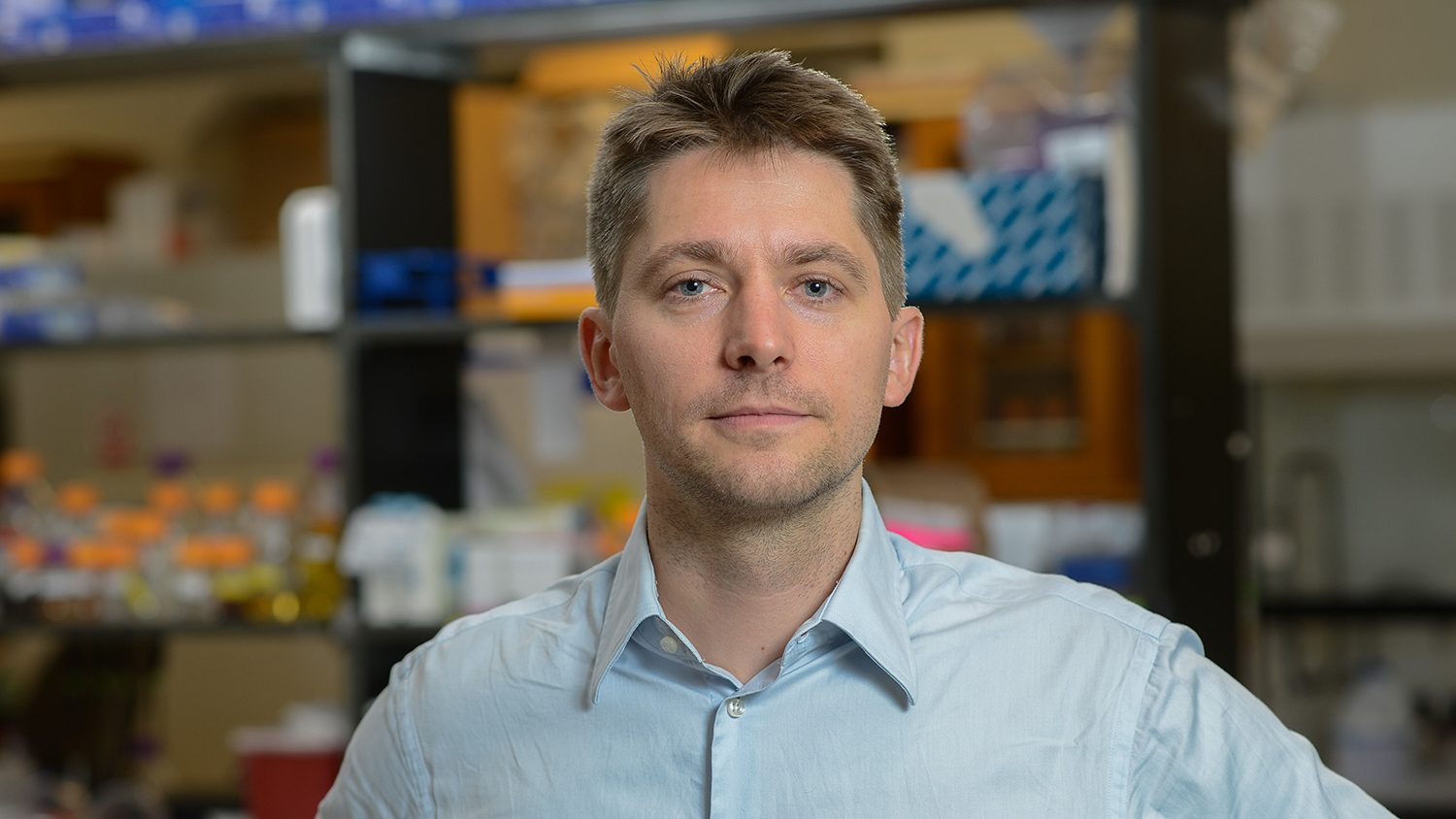Research and Innovation
U.S. Indoor Climate Most Similar to Northeast African Outdoors
Americans are most comfortable indoors when their climate is like that of the northeast African outdoors – warm and relatively dry.
Cricket Bacteria Break Down Lignin, Highlighting Ecology’s Utility in Applied R&D
Researchers have discovered that a bacterium found in camel crickets is capable of breaking down lignin, opening new research pathways for biofuels and chemical manufacturing.
Triangle Bird Count Survey Seeks To Shed Light On Urban Wildlife
A new bird population survey focuses on getting a better understanding of the birds that live in Raleigh, Durham and other urban centers.
New Computer Program Aims to Reduce DNA Contamination in Microbial Samples
A new, open-source software package created by researchers at NC State and Stanford could help reduce contamination in microbial samples.
NC State Researchers to Invite Fayetteville-Area Residents for GenX, PFAS Study
Researchers with North Carolina State University’s GenX exposure study will be inviting a limited number of residents from Fayetteville’s Gray’s Creek area whose wells have been tested for GenX to participate in water, blood and urine testing for the presence…
Microbiomes and Complex Microbial Communities Cluster Faculty Receive Grant Funding
Nathan Crook and Manuel Kleiner recently received funding from the Plant Soil Microbial Community Consortium (PSMCC). Crook and Kleiner are members of the Microbiomes and Complex Microbial Communities cluster in NC State’s Chancellor’s Faculty Excellence Program.
Can Genetic Engineering Save Disappearing Forests?
Forests in the US face many threats: climate change, invasive species, pests and pathogens. Could genetically engineering trees make these plants more resilient?
Research Finds Serious Problems With Forensic Software
New research finds significant flaws in recently released forensic software.
Major Study Sheds Light on Plant Growth
How does your garden grow? It’s complicated.
What Do Microbes in the Gut Eat?
NC State scientist studies the diet of bacteria and other organisms that inhabit the intestinal tract as he develops knowledge and technology aimed at improving health.
